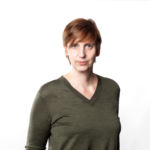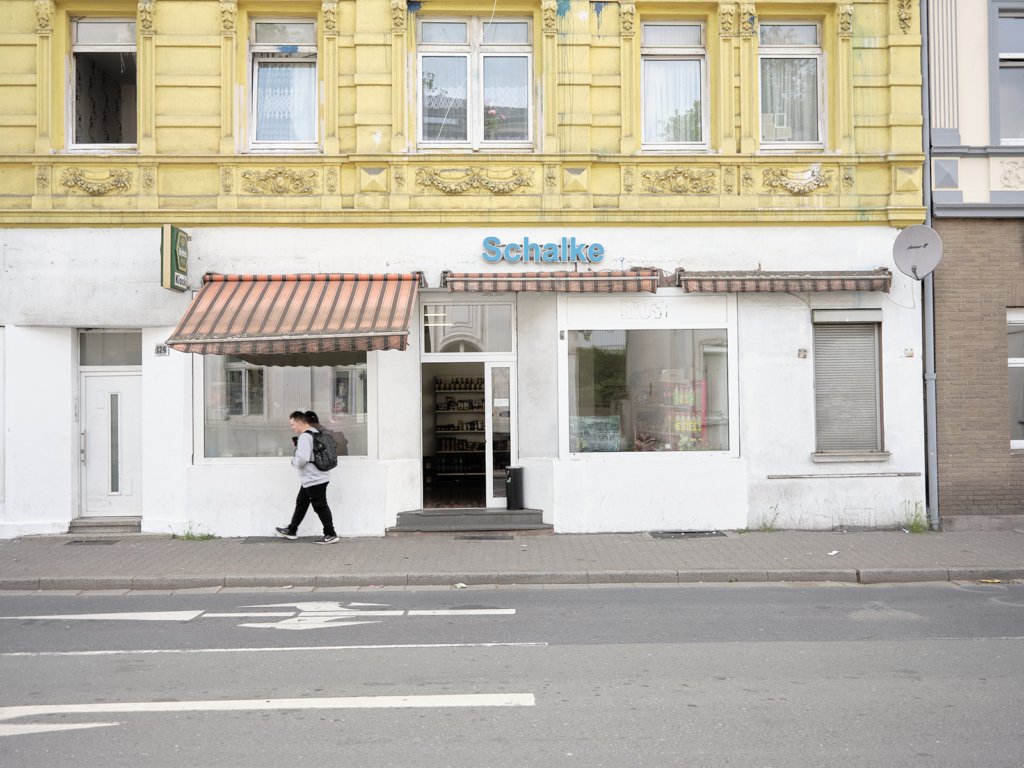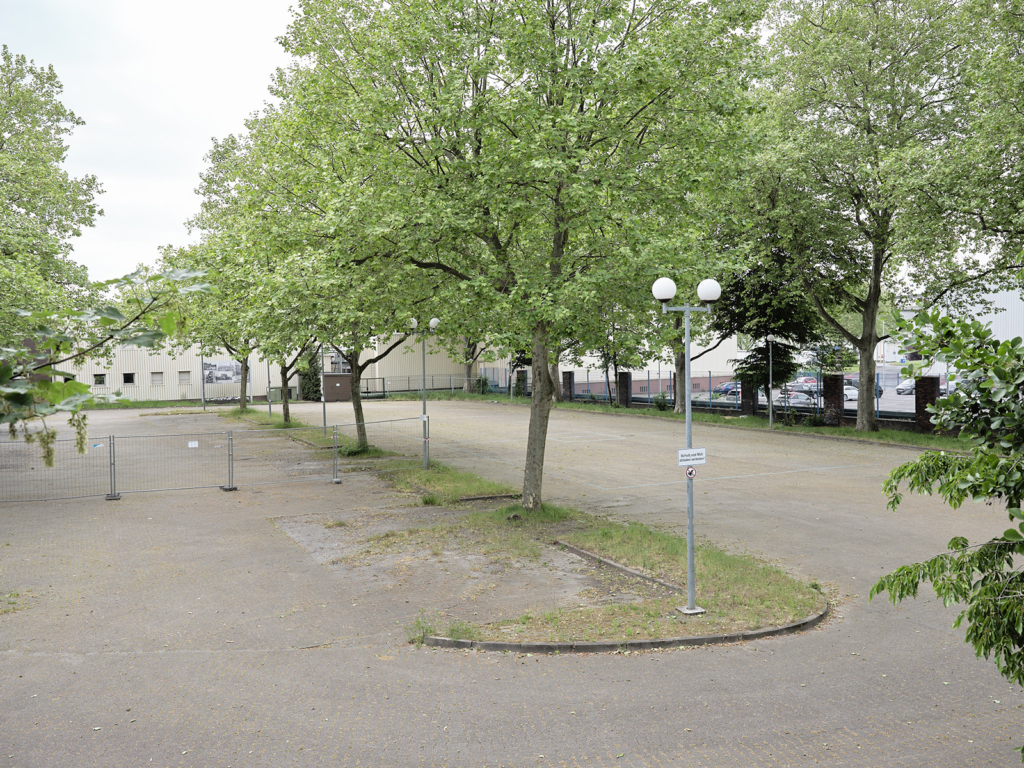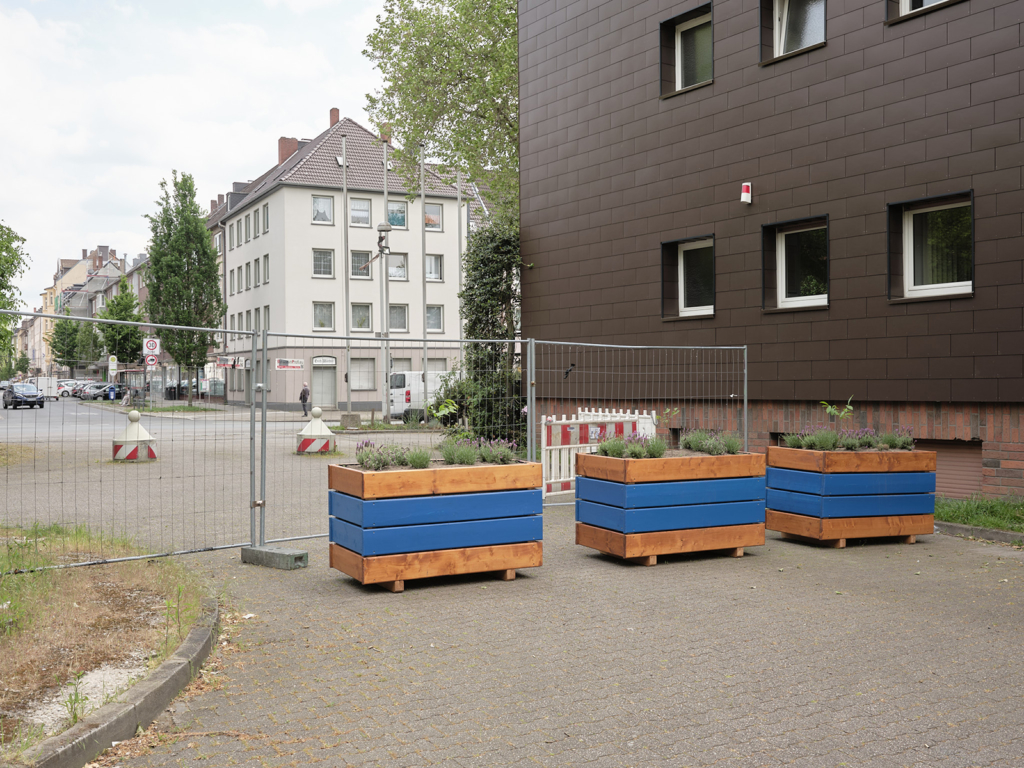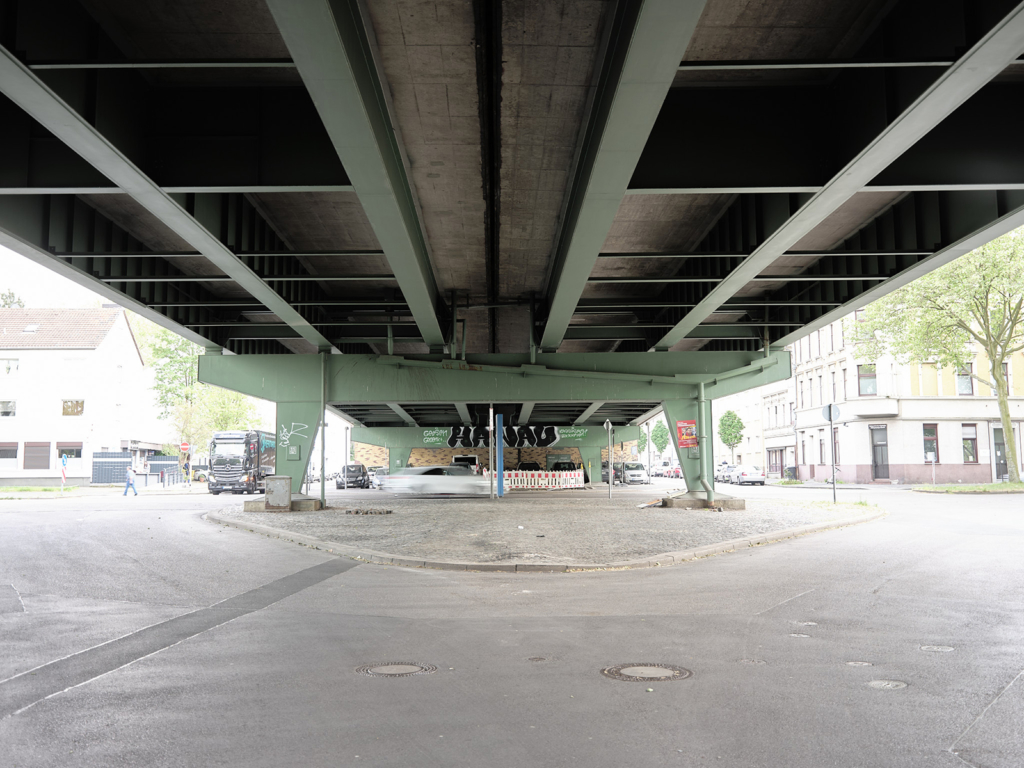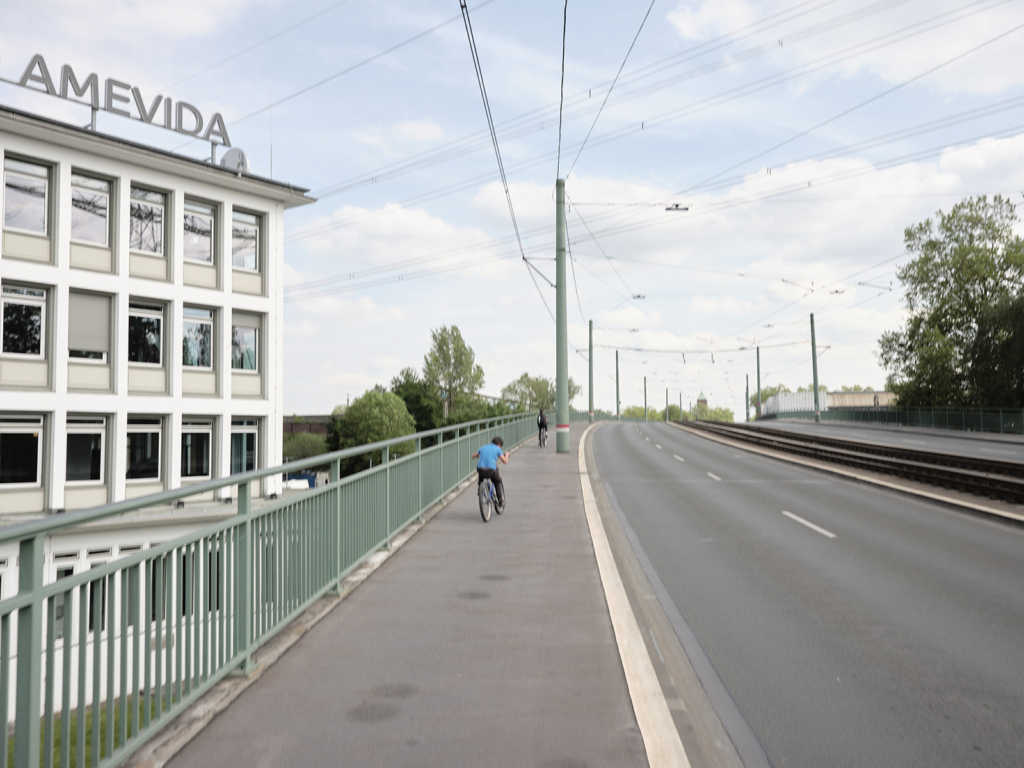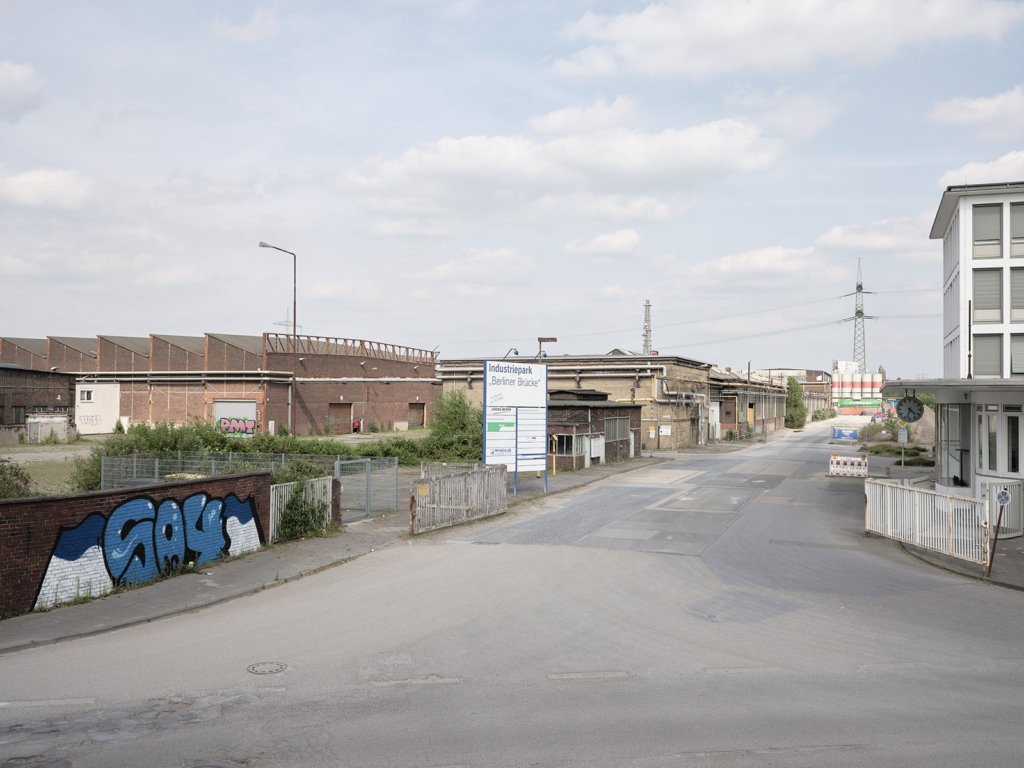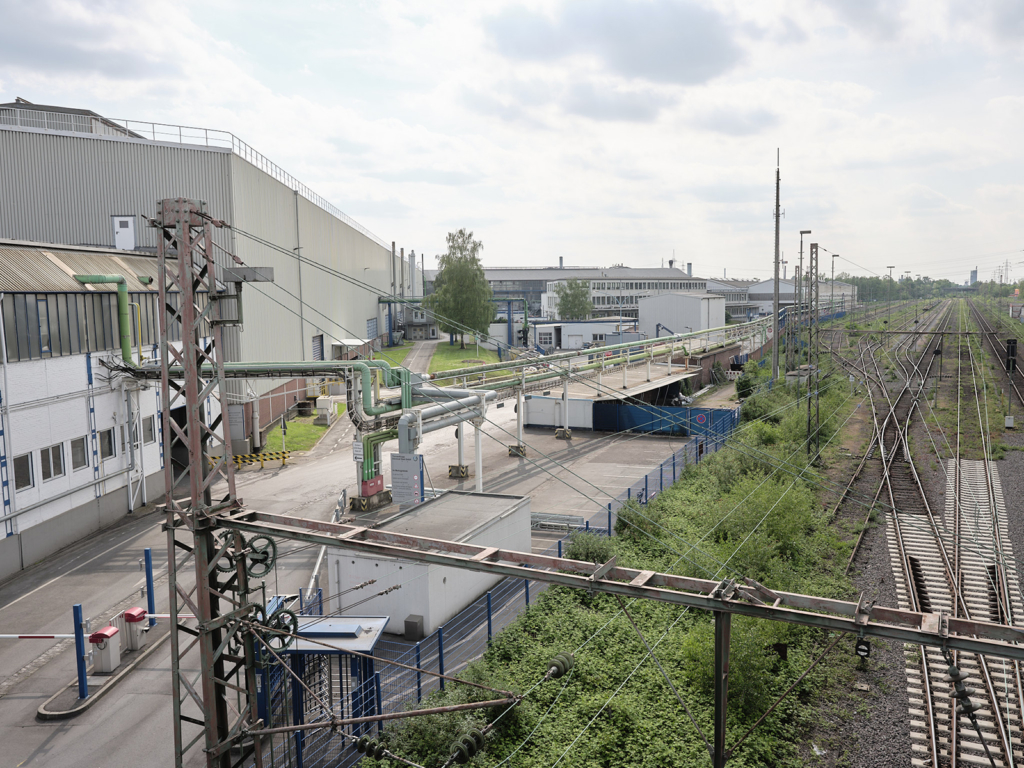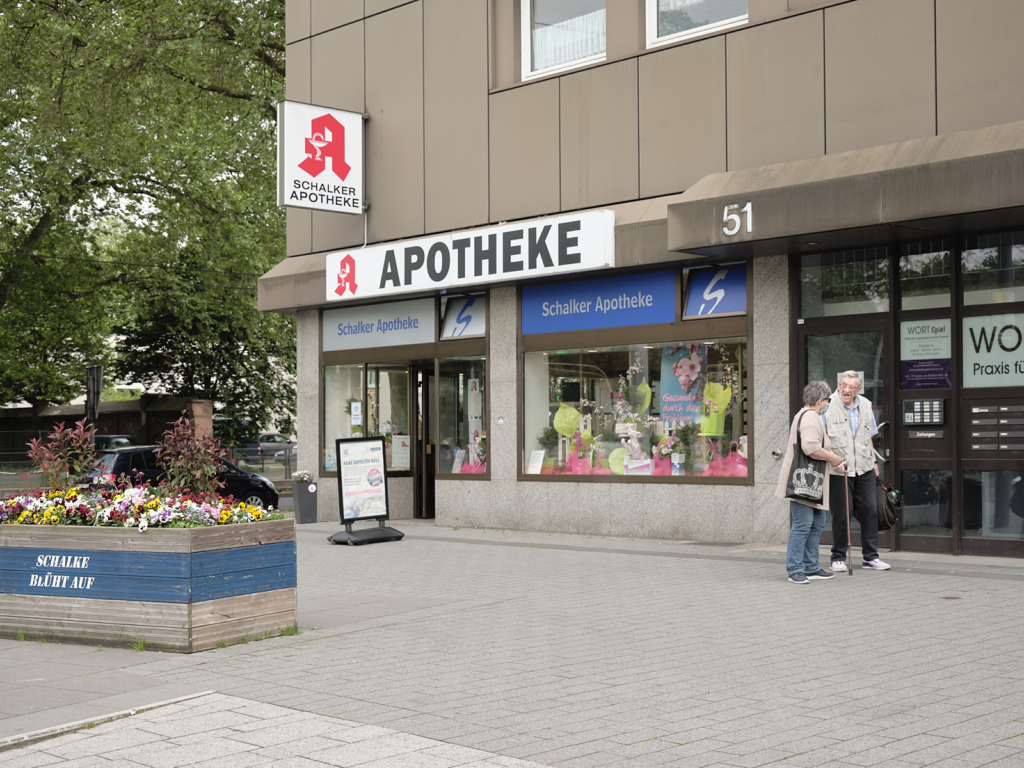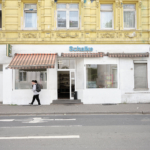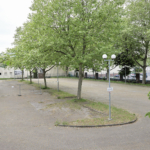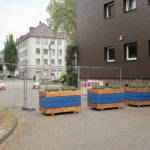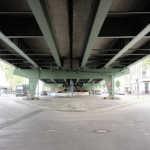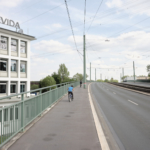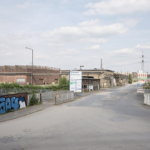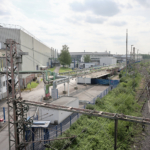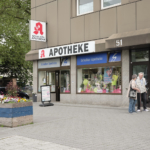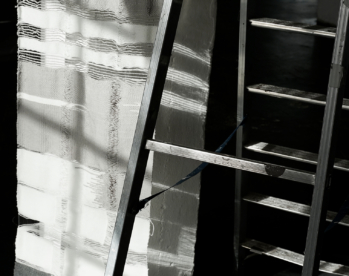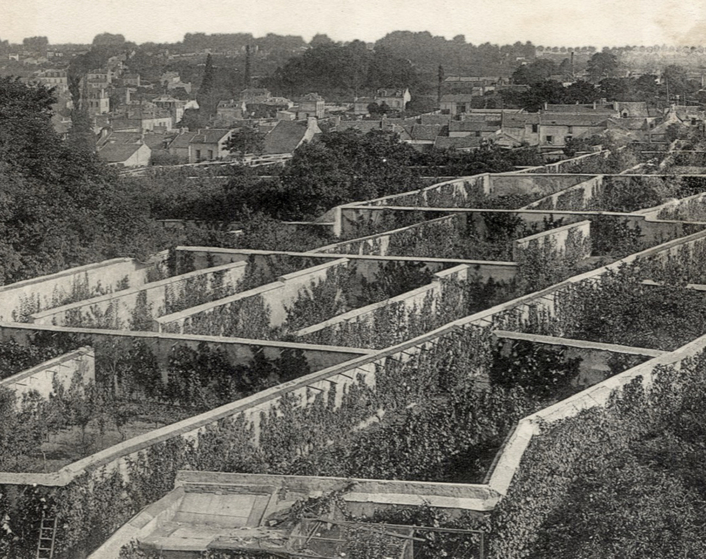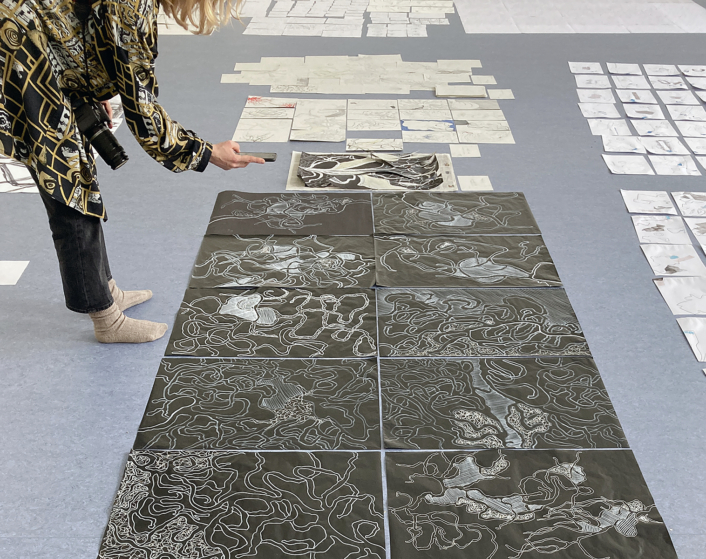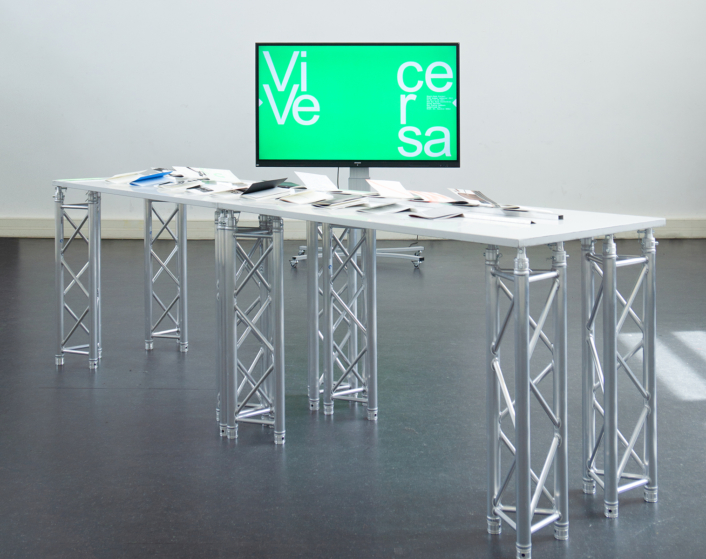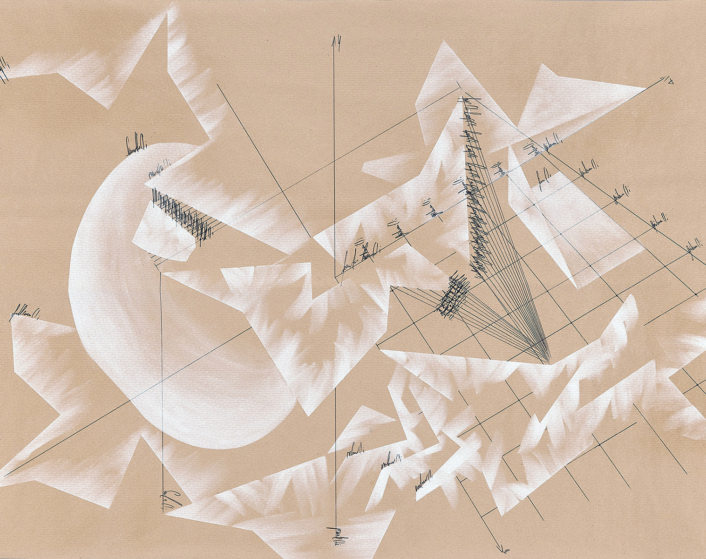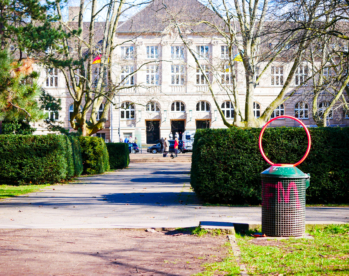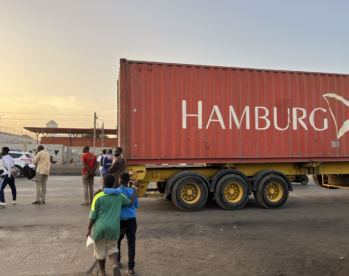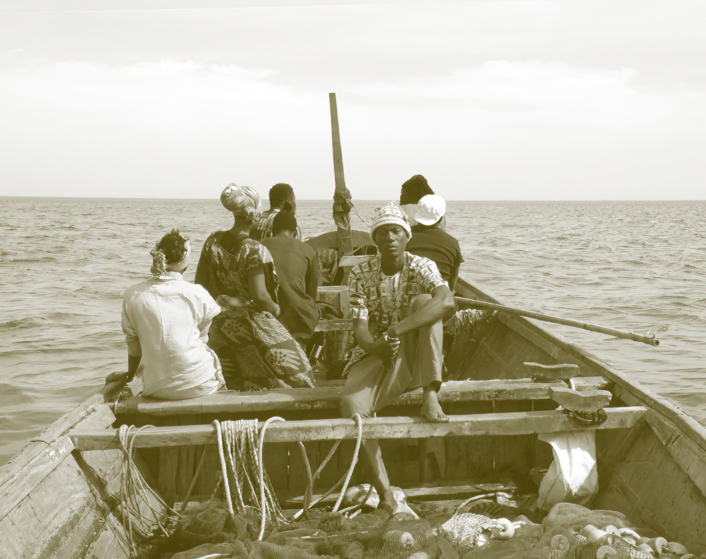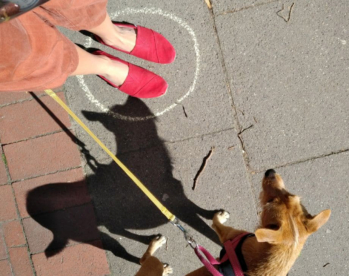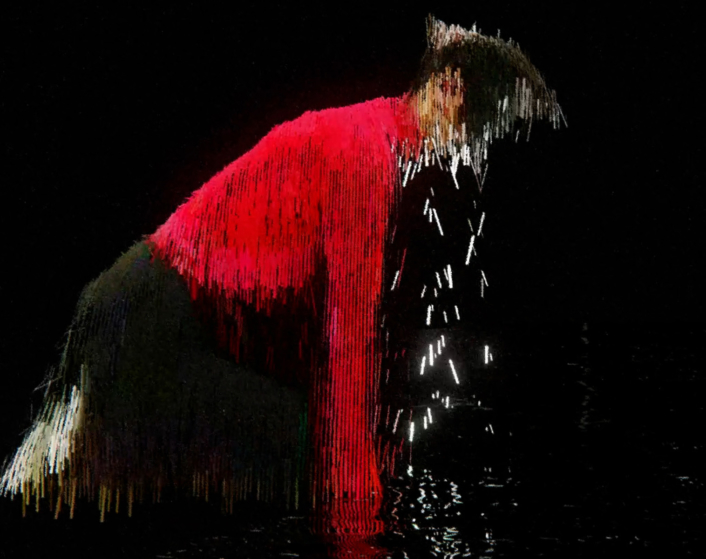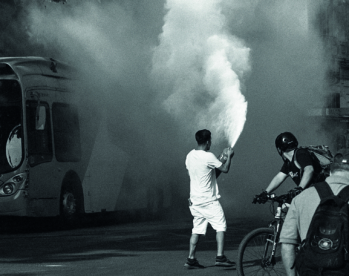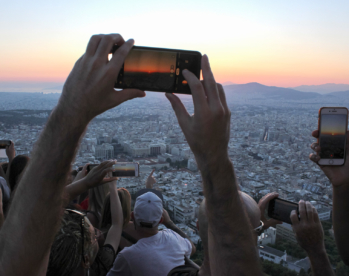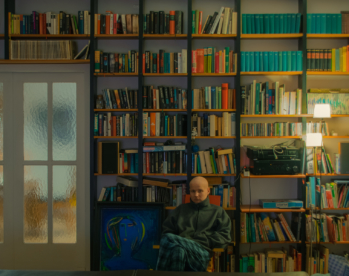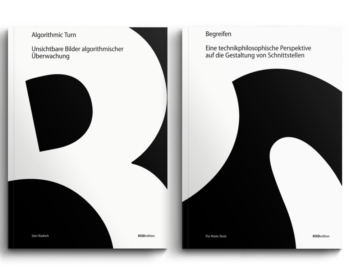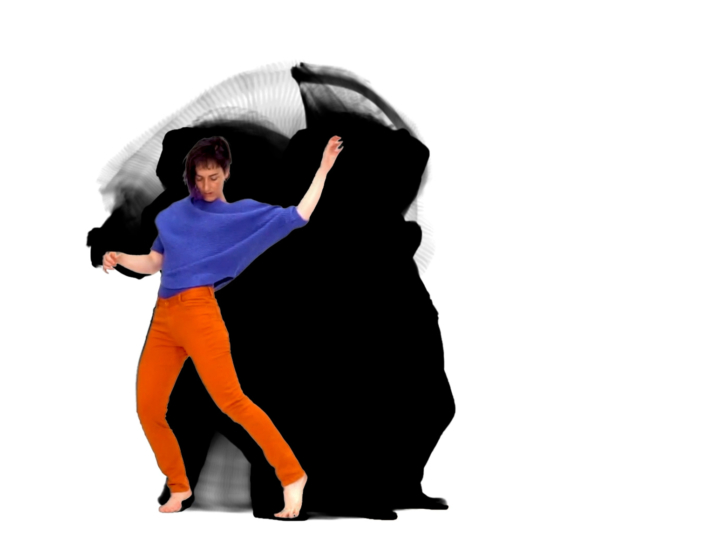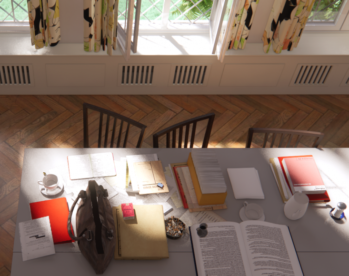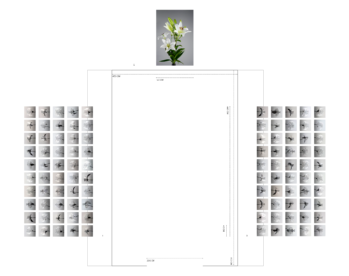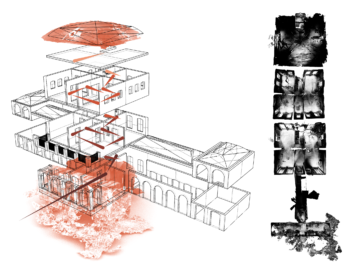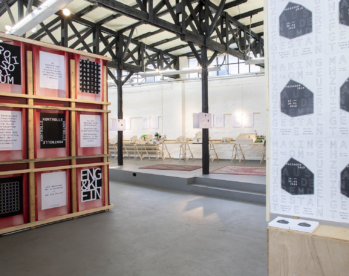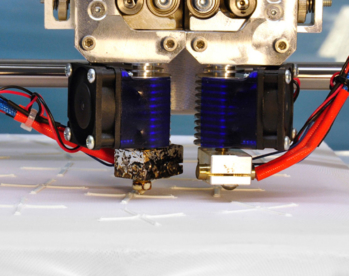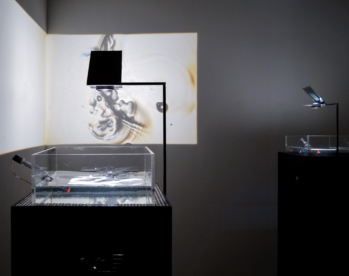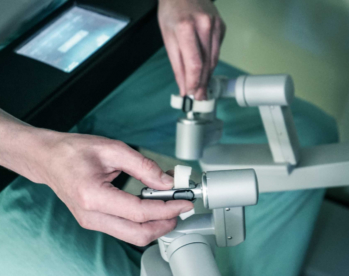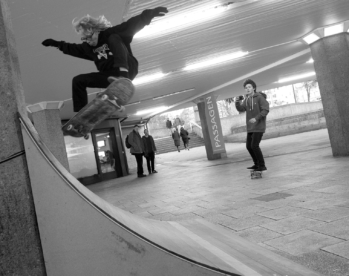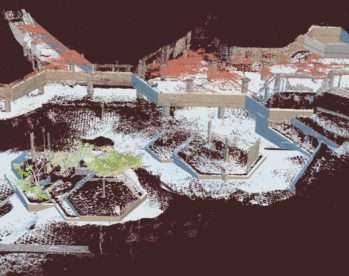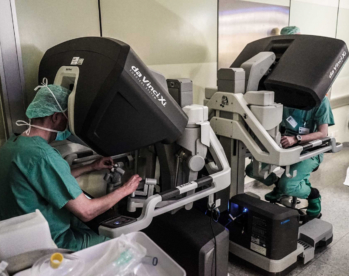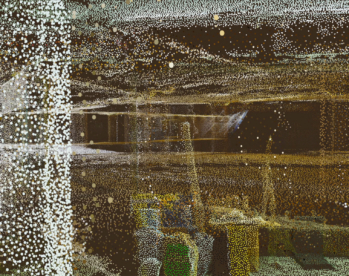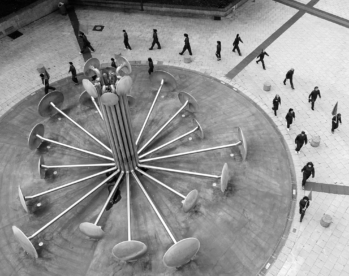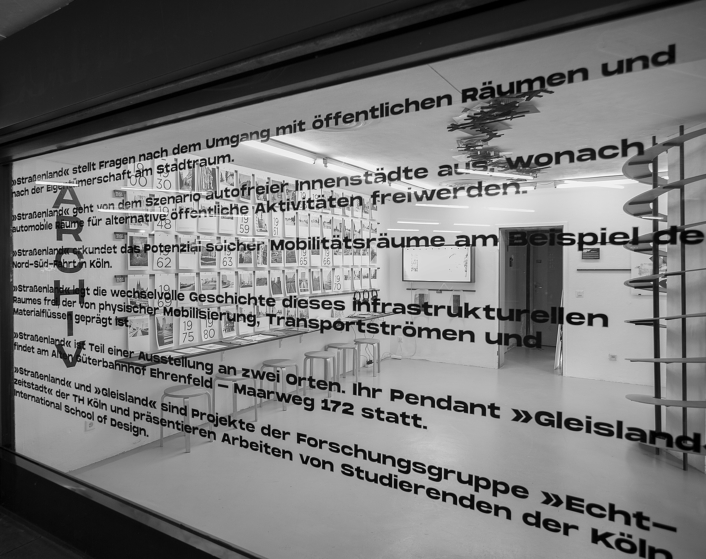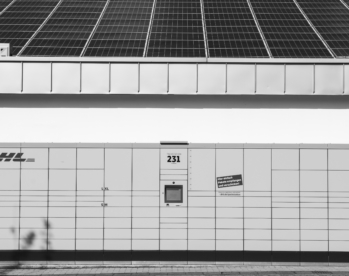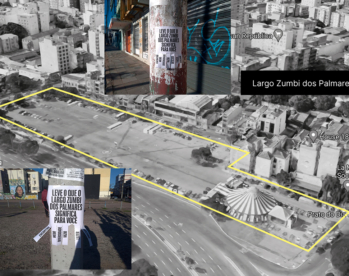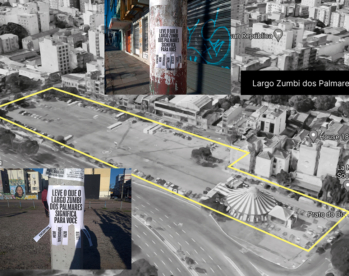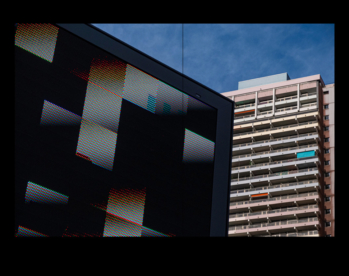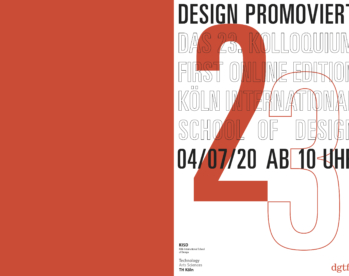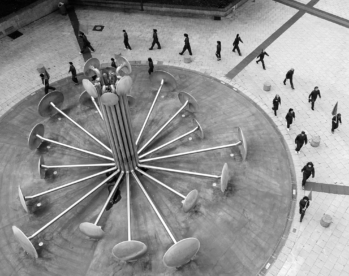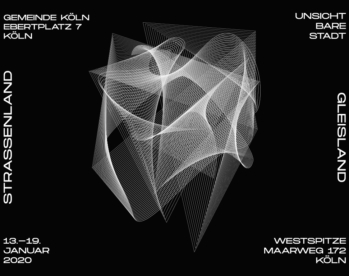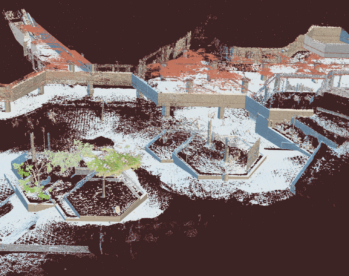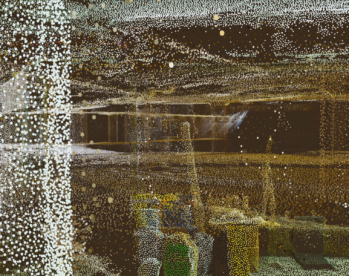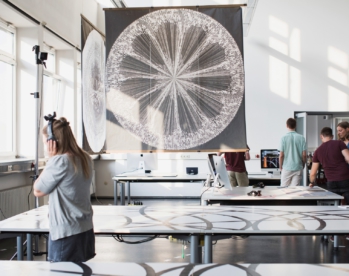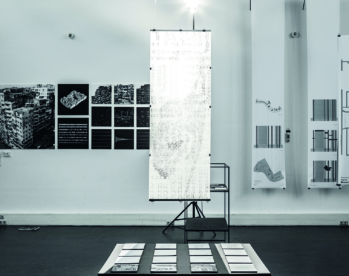Using the Schalker Markt in Gelsenkirchen as an example, Philip Lehmann examines configurations of the appropriation of public space in order to derive spatial and political alternatives for action. He understands appropriation in a double sense: on the one hand as a permanent, immediate, and sometimes conflictual confrontation of people with their constantly changing environment, and on the other hand as an artistic practice through which new perspectives on public space can be gained.
Schalker Markt used to be a central square and social meeting place in the industrial Gründerzeit district of Schalke in Gelsenkirchen. The weekly market took place here as well as the club life of Schalke 04. The restaurant Haus Thiemeyer on Schalker Markt was the club’s office for a long time. In the 1960s the square fell into disuse: the surrounding streets were widened to four lanes and led over the new steel elevated highway »Berliner Brücke«, under which part of the Schalker Markt is located today. Used as a parking lot, it became a barren and desolate place.
Following Henri Lefebvre and Pierre Bourdieu, Philip Lehmann describes the Schalker Markt as a space that is both physically and socially produced. Public space unfolds its social character through the appropriation processes of the people who inhabit, use, and reproduce it. In order to uncover the potential of the Schalker Markt as a space of possibility and appropriation, it is necessary to first observe, interpret and translate the spatial and social processes that take place there. Philip enters the field as a photographer and takes a look at the forgotten spaces, infrastructures, and people in and around the Schalker Markt, critically reflecting on his own practice of observation. He explores the question of whether and how artistic appropriation can provide impetus for the transformation of abandoned places.
Intermediate Work & Photographs: Philip Lehmann
Supervision: Prof. Dr. Carolin Höfler, Design Theory and Research
The project »Appropriation of Space – The Schalker Markt in Gelsenkirchen« (2022) was accompanied by the TH research center »Real-Time City« as well as by the cooperation project »Open Universities« of the TH Cologne and the University of Cologne.
